Fermata Energy Brings Vehicle-To-Grid Charging To the Nissan Leaf

Ford F-150 Lighting, who? Turns out you won’t need to shell out the big bucks to power your house.
In a partnership with Fermata Energy, Nissan has approved the first-ever bi-directional charger rated for use with the Nissan Leaf. Called the Fermata Energy FE-15, this charger is UL 9741 certified, and according to Nissan the charger “passed key requirements from Nissan, and has been verified to be compatible with the Nissan LEAF.” Using the charger won’t impact the vehicle’s battery warranty, either.
This means the Leaf can supply voltage from its battery to something else, directly out of the charge port. In theory, the Leaf could be used to power a home, or it could sell its energy back to the power grid, acting as a sort of mobile battery bank for its owner. Nissan and Fermata Energy anticipate that the Leaf, and other Vehicle-to-grid (V2G) capable EVs could be used to assist electric demand during times of high load, like in the summer months, or other times of peak demand. The FE-15 can send power back to the grid at a rate of 15 kilowatts, straight out of the Leaf’s CHAdeMO connector.
This is a pretty big development in the EV world. When the Leaf was first introduced, vehicle-to-grid technology was proven to work natively through the CHAdeMO connector, but no official US support ever came from it. Now, the Leaf’s V2G abilities give it a feature so far only seen implemented on a few EVs, like the Ford F-150 Lightning.
The Fermata Energy FE-15 should work on Nissan Leafs 2013 and newer.
Become an AutoGuide insider. Get the latest from the automotive world first by subscribing to our newsletter here

Kevin has been obsessed with cars ever since he could talk. He even learned to read partially by learning and reading the makes and models on the back of cars, only fueling his obsession. Today, he is an automotive journalist and member of the Automotive Press Association. He is well-versed in electrification, hybrid cars, and vehicle maintenance.
More by Kevin Williams



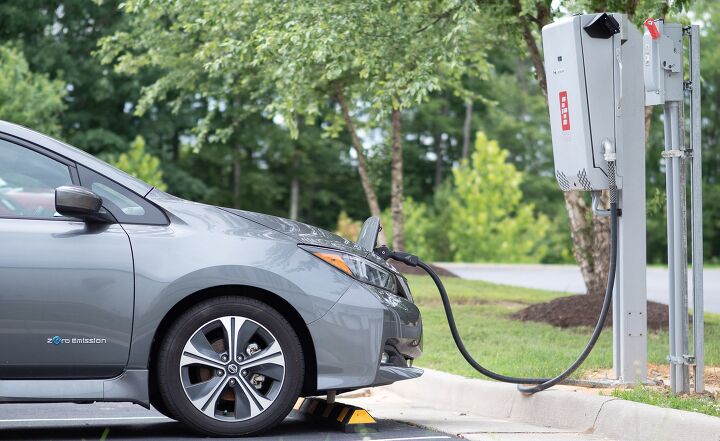










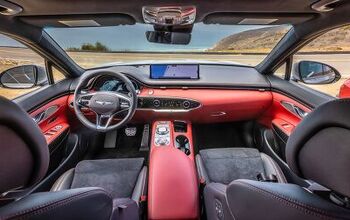


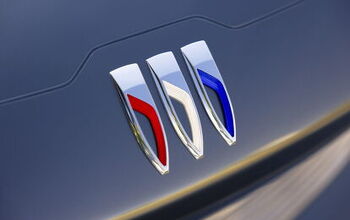
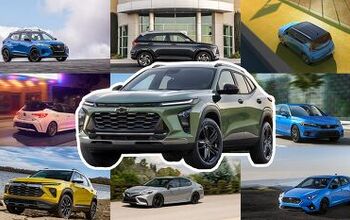
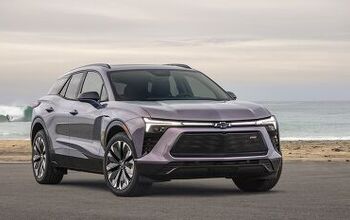
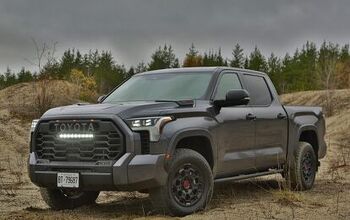
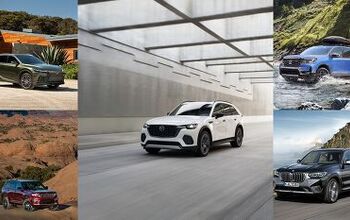
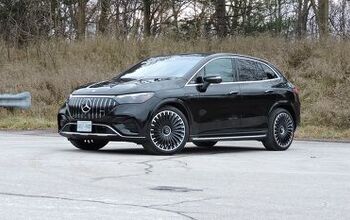
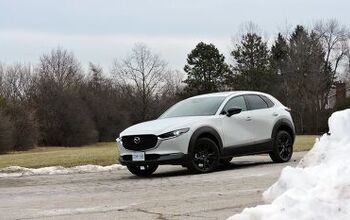
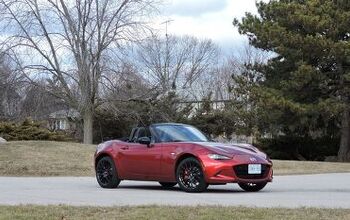

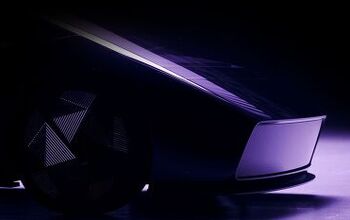
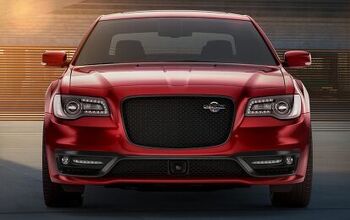
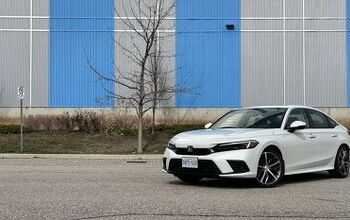
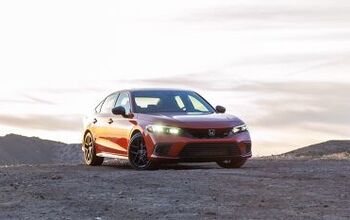
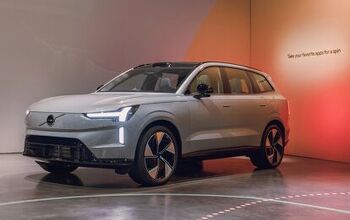
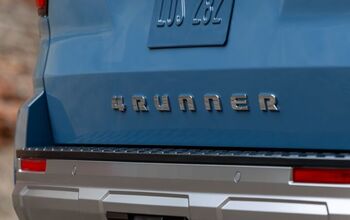
Comments
Join the conversation
We've known about this for the last 8 or 9 years. Why has it taken so long to develop?